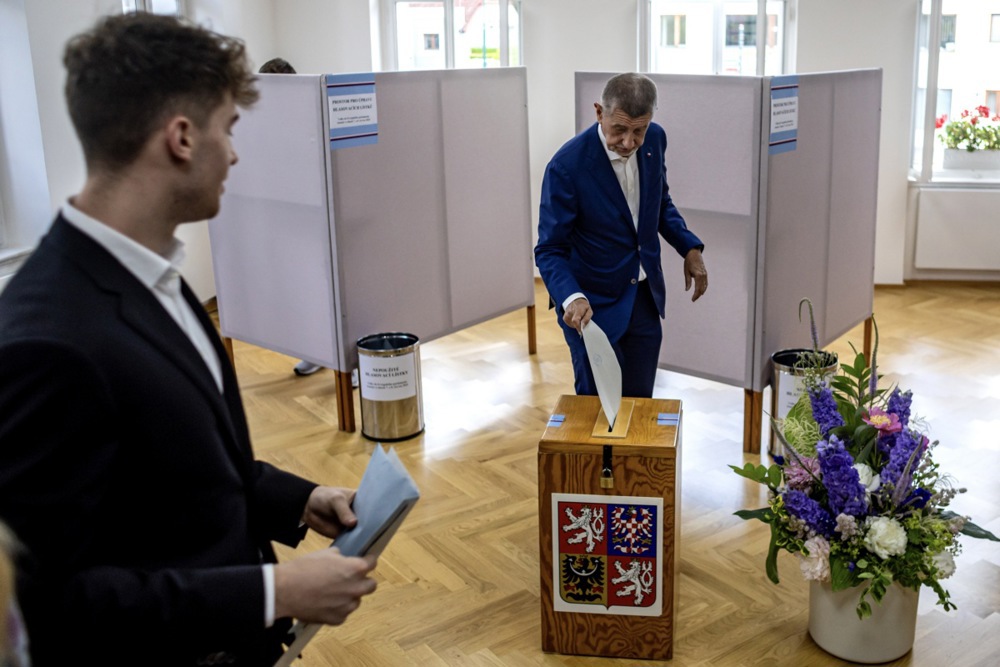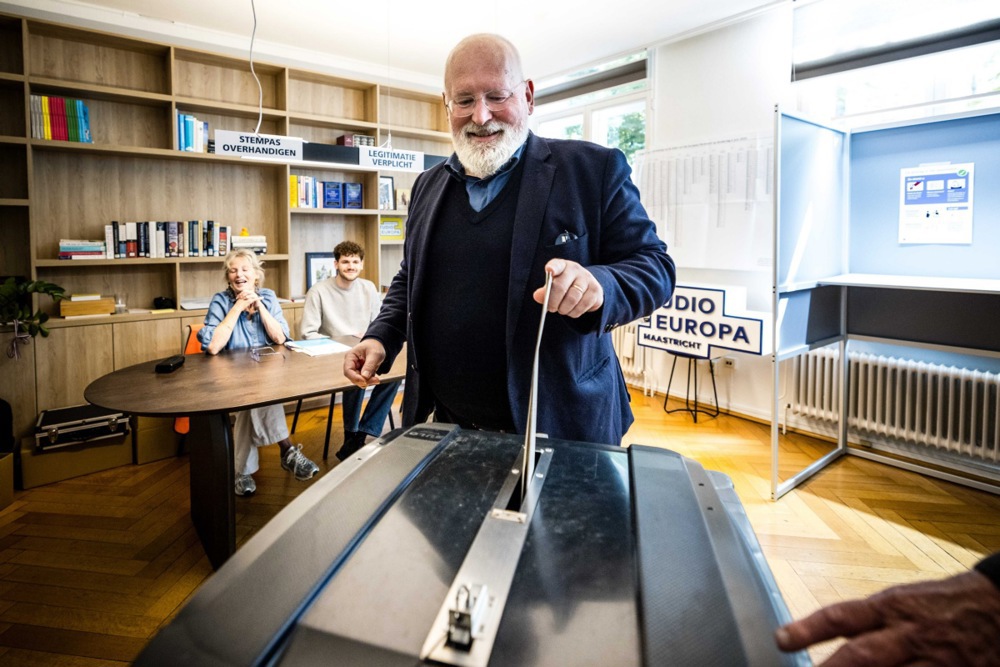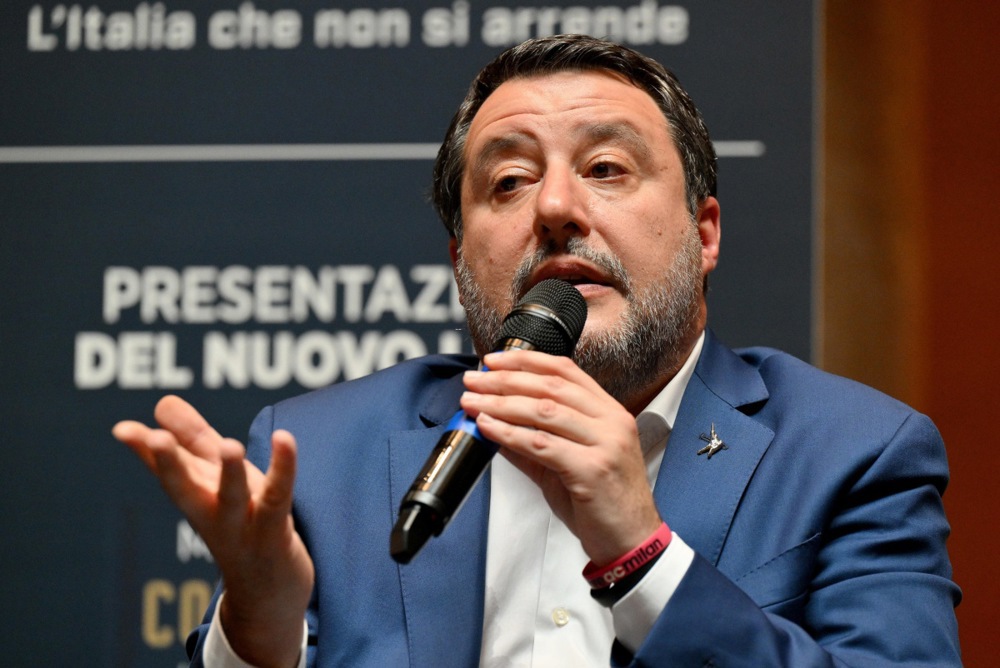Voters in 21 EU countries including France and Germany were casting their ballots on June 9 in an election for the European Parliament that is expected to shift the assembly to the Right and boost the numbers of Eurosceptic nationalists.
The election will shape how the European Union, a bloc of 450 million citizens, confronts challenges including a hostile Russia, increased industrial rivalry from China and the United States, climate change and immigration.
Voting began on June 6 in the Netherlands and in other countries on June 7 and June 8, but the bulk of EU votes will be cast on June 9, with France, Germany, Poland and Spain opening the polls and Italy holding a second day of voting.
Casting her ballot, the leading candidate for Spain’s conservative People’s Party Dolors Montserrat, said the election would “decide the future of Spain and the future of Europe”.
A projection by Europe Elects pollster on June 9 showed the EPP could gain five seats compared to the last parliament to win a total of 183. The Socialists, who include German Chancellor Olaf Scholz’s party, are seen losing four seats to get 136.
European Greens, facing a backlash from hard-pressed households, farmers and industry over costly EU policies limiting CO2 emissions, look set to be among the big losers with the poll giving them only 56 deputies, a loss of 16.
Forecasts for the Liberal group Renew Europe are also grim, given the expectation that Marine Le Pen’s hard-right Rassemblement National will trounce French President Emmanuel Macron’s centrist Renaissance in France.
The poll put the Renew group’s losses at 13 seats, forecasting it will end up with 89.
In contrast, the poll said the national-conservative ECR was likely to get five more deputies for a total of 73 and the far-right ID group could get eight more seats for a total of 67.
More deputies could join the right and hard-right groups from among the so far non-affiliated deputies of whom there would be 79, the poll said.
The European Parliament will issue an EU-wide exit poll at around 2030 CET (1830 GMT) and then a first provisional result after 2300 CET when the final votes, in Italy, have been cast.
The expected losses by pro-European Liberals and Greens, will reduce the majority of the centre-right and centre-left and complicate efforts to push through new EU laws or increase European integration.
Many voters have been hit by the cost of living, have concerns about migration and the cost of the green transition and are disturbed by geopolitical tensions, including war in Ukraine.
Hard-right parties have seized on this and offered the electorate an alternative.
“Whoever believes that we need a change of course and that things can be done much better in Brussels has only one alternative, which is Vox,” the leading candidate for the far-right Spanish party, Jorge Buxade, said after voting in Madrid.
In the Netherlands, exit polls on Thursday showed nationalist Geert Wilders’ anti-immigration party was set to win seven of the 29 Dutch seats in the EU assembly, from zero in 2019, after his large win in last year’s national election.
His Freedom Party will be just one short of the combined seats of a Socialist Democrat-Greens alliance.
In Belgium, voters also elect federal and regional chambers on Sunday and are forecast to back hard-right Flemish separatist party Vlaams Belang in record numbers.





